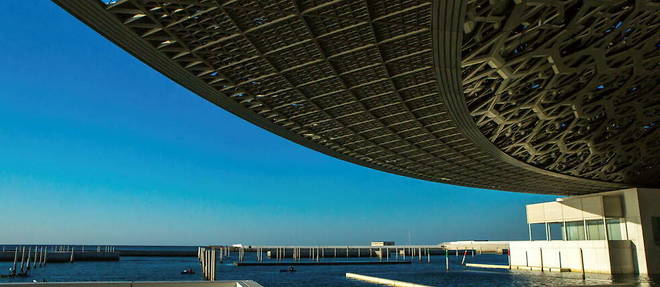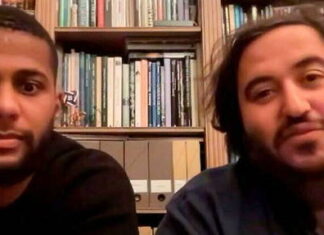Will the Louvre Abu Dhabi have to return to Egypt the Egyptian antiquities acquired in 2016, for 15 million dollars, under the control of the France Museums agency, of which Jean-Luc Martinez headed the scientific council? A victim of the same network, the MET, in 2019, was itself forced to return a looted sarcophagus to the Egyptian state. But the particularity of the French aspect of this traffic case is that to everyone’s surprise, and after a long period of police custody, the former president and director of the Louvre museum was himself indicted on May 25 for “laundering” and “complicity in organized fraud”.
While the other two in custody, Egyptologists Olivier Perdu and Vincent Rondot, were not worried, the indictment of the former president of the Louvre, obviously presumed innocent at this stage, however means that the investigators of the The Central Office for the Fight against Trafficking in Cultural Property have enough elements to suspect him at least of having turned a blind eye to the dubious provenance of these works. At the expense, therefore, of the Louvre Abu Dhabi…
However, if the art world is in turmoil, the affair is above all very detrimental to the close cultural and diplomatic cooperation between France and its long-standing ally, the United Arab Emirates. If it turns out that these major works – including a pink granite funerary stele referring to Tutankhamun – have indeed been looted, the damage to the Emirati museum, in terms of finances but also of image, is obviously significant.
Contrary to what is read here or there, the Louvre Abu Dhabi is in no way an antenna of the Louvre. Following an intergovernmental agreement between France and the United Arab Emirates, signed in 2007, it is authorized as a franchise to use the Louvre “brand” and to benefit from the assistance provided by the scientific council of Agence France Museums, but it is a legally totally independent structure… A sign that the situation is serious, the Emirati Department of Culture and Tourism has just instituted civil proceedings in the current criminal proceedings. “It’s the only way to clarify the situation and thus have access to the investigation file,” explains Jean-Jacques Neuer, whose firm now represents the Emirati museum. “By becoming a civil party, we reserve the rights of Louvre Abu Dhabi to claim damages in the event of a finding of guilt. »
It is difficult today, when the cultural honeymoon between France and the Emirates is suddenly darkening, not to think of the opinion piece published in Le Monde in 2006 by Françoise Cachin, honorary director of the Museums of France, Roland Recht, professor at the Collège de France, and Jean Clair, curator and former president of the Louvre. In this polemical text which had earned them the tax of cautiously backward-looking, the three specialists were worried that the Louvre, with this lucrative franchise project, was “selling its soul”. “Works of art are a heritage, not an attraction or… a commodity,” they wrote.


















